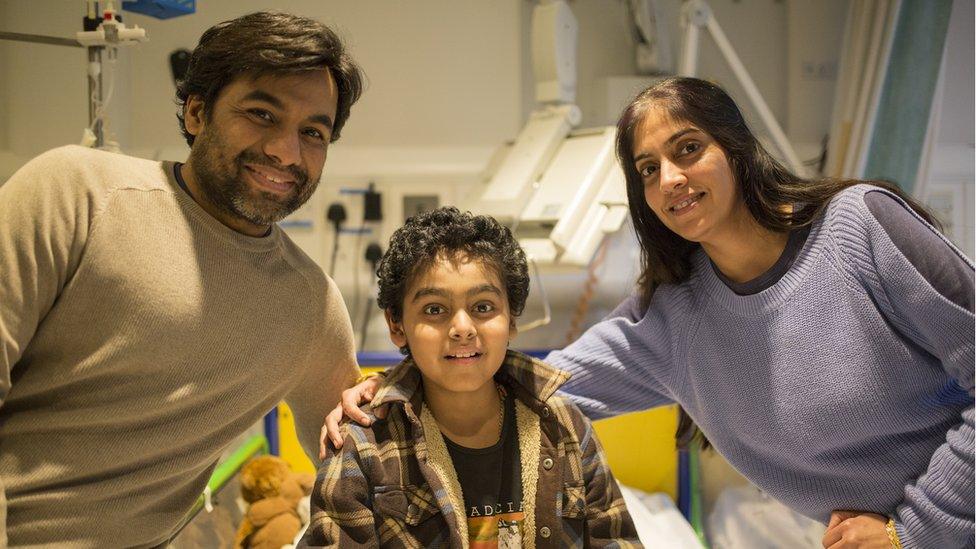'I am cancer free thanks to new blood treatment'
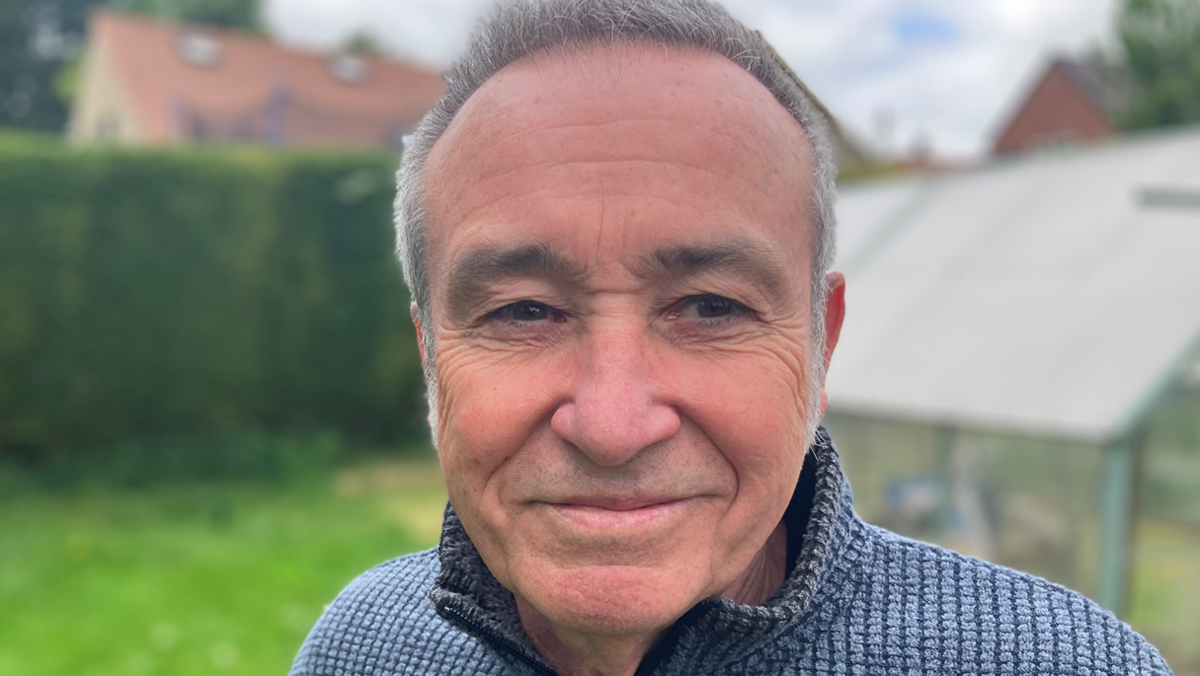
Stuart Downes was one of the first patients to benefit from the new CAR T-cell therapy service set up by the NHS in Nottingham
- Published
"Phew" - that is the one word Stuart Downes uses to sum up the last year after undergoing successful innovative treatment in Nottingham to treat his blood cancer.
The 65-year-old underwent CAR T-cell therapy at the first NHS centre in the East Midlands to be set up to offer the specialised form of immunotherapy.
Now experts at the unit at Nottingham City Hospital say they hope to offer it to more patients who, like Stuart, were diagnosed with the most common form of lymphoma.
Stuart, who lives in Great Ponton, Lincolnshire, said the transformation in his health had been "amazing".
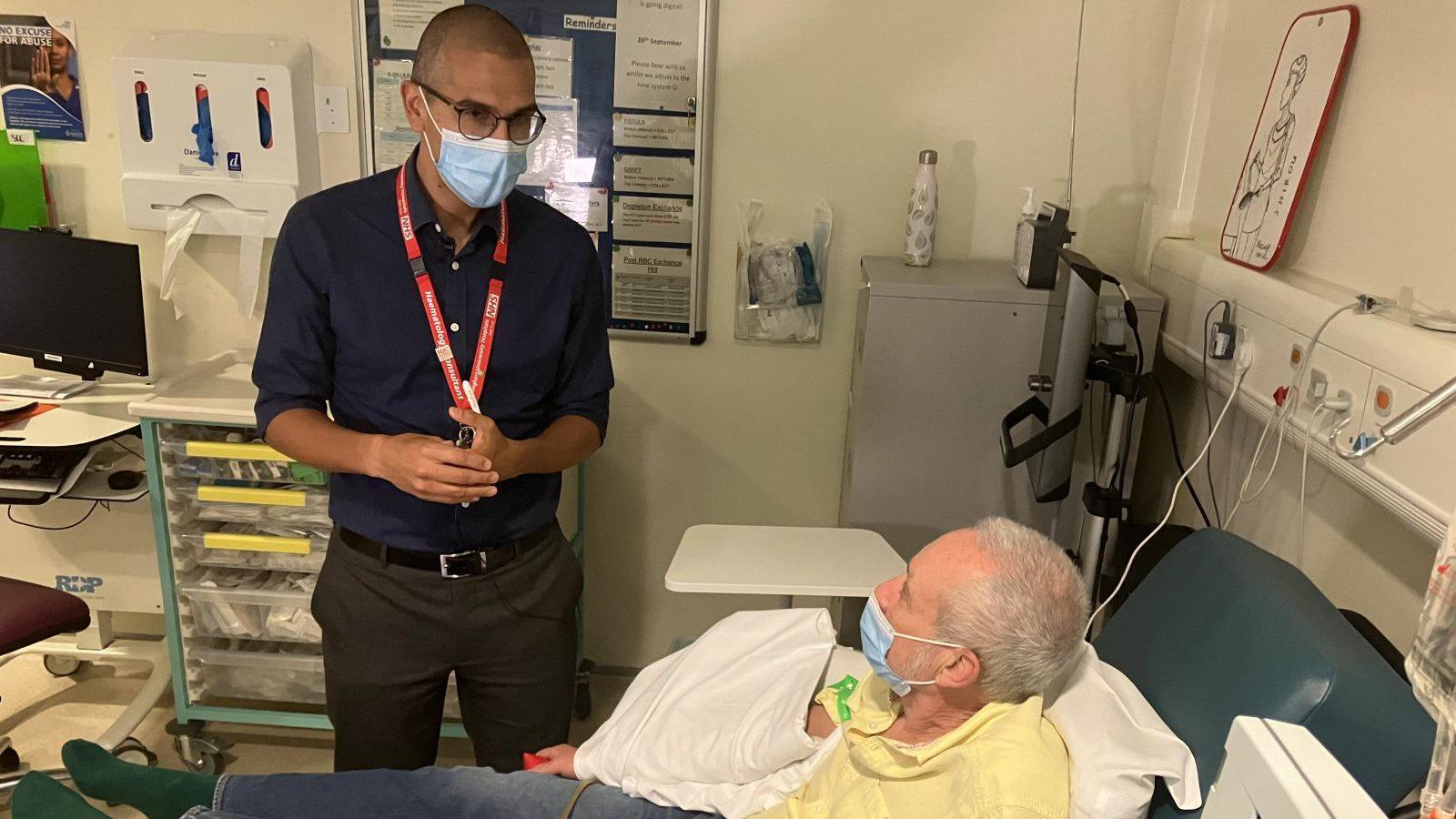
Stuart with consultant haematologist Dr Nicolas Martinez-Calle, the head of the Nottingham CAR T-cell service
Stuart is one of 24 patients who have now undergone CAR T-cell therapy in Nottingham since doctors introduced the new service in the city in February 2024.
He had been feeling increasingly unwell after being diagnosed with diffuse large B cell lymphoma (DLBCL), external.
He had not responded well to chemotherapy and understood the CAR T-cell therapy was a "last chance" to attempt to cure his condition.
Over five hours, a machine removes white blood cells containing precious T-cells from the bloodstream. The cells are processed in the Netherlands and altered to become CAR T-cells, and there is a three-week wait before the new cells can be put back.
The cells are infused via a drip back into their bloodstream. The new cells are designed to selectively recognise, target and attack the cancer.
Three months after his treatment, Stuart said he received "fantastic news". He recalled his consultant telling him "there is no sign of cancer. It looks like it has worked".
Stuart said: "I felt elated, 'phew' was my reaction."
However, he is philosophical. He added: "I know I am not totally out of the woods. I am in remission, but this has given me a second go at life.
"I feel so much better and have more energy."
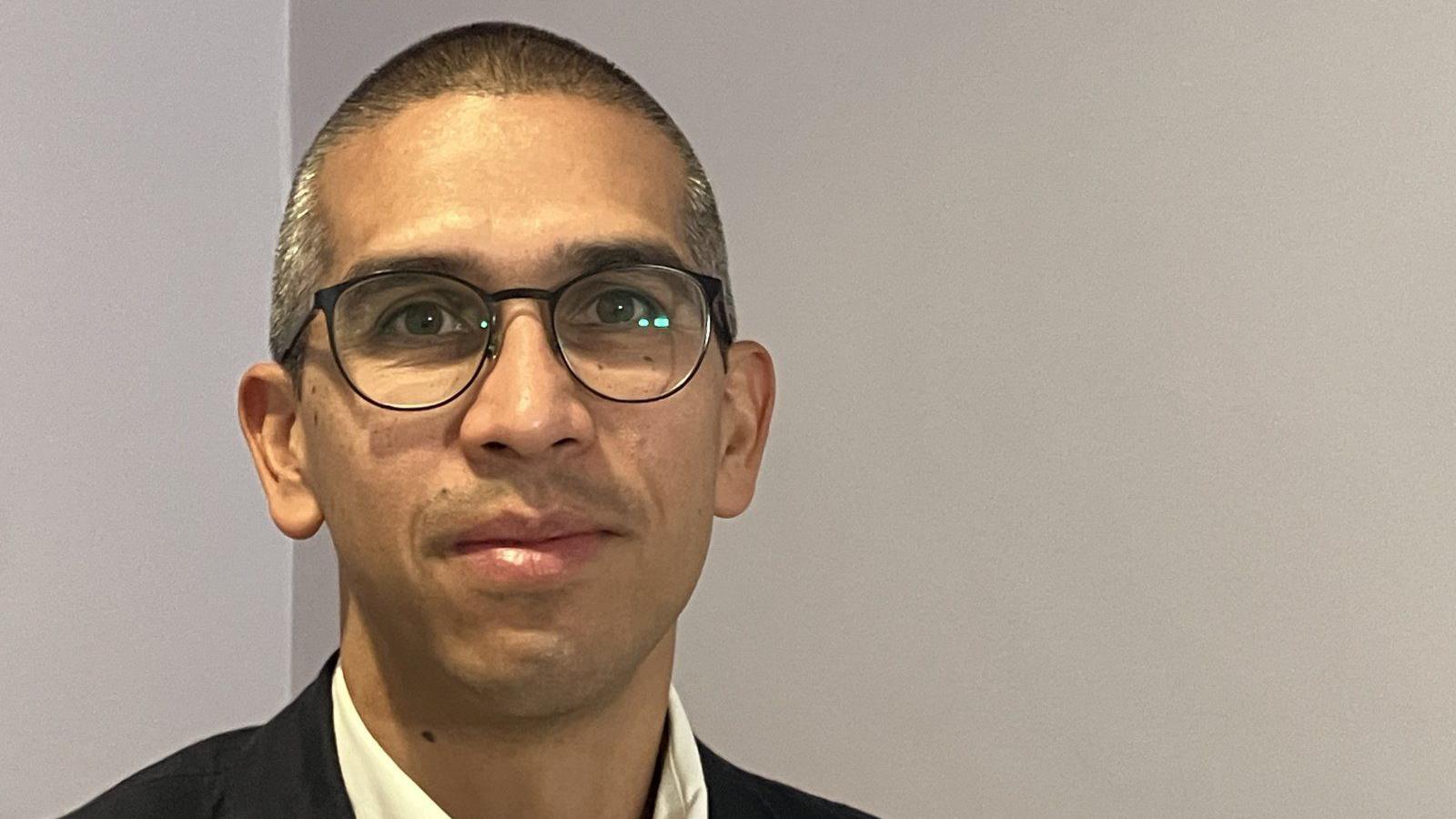
Dr Martinez-Calle said they hoped to help more patients in future who might not have been able to have the treatment in the past
Now in Nottingham the hope is to offer more patients the potentially life-saving treatment.
Dr Nicolas Martinez-Calle, a consultant haematologist who runs the new service, said the immunotherapy treatment "typically has a 40% to 60% chance of success".
Some patients - who in the past may not have been suitable to have the treatment - may now be able to have it thanks to a new blood product called lisocabtagene (known as liso-cel or breyanzi), which can mean fewer side effects.
Dr Martinez-Calle says this should mean "we are probably able to offer the CAR T-cells to some more people in their older age range between 70 and 75".
Nottingham is one of a network of NHS hospitals offering CAR-T cell therapy in the East Midlands. The service is also now provided at the Leicester Royal Infirmary.
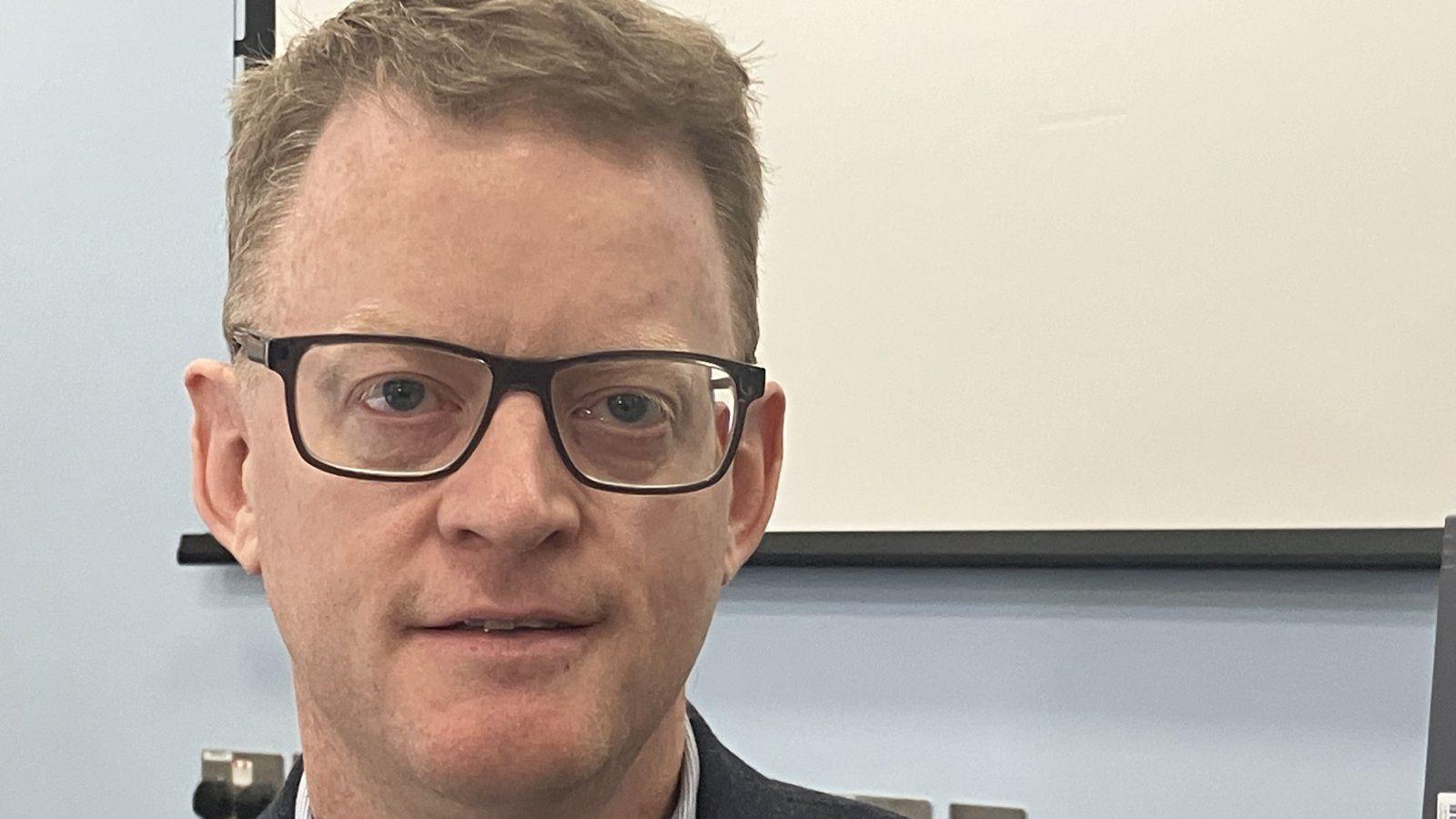
Prof Chris Fox is involved in clinical research to improve outcomes for patients with diffuse B cell lymphoma
Prof Chris Fox is involved in cutting-edge research to help patients during the three weeks while they wait for the CAR T-cells to be prepared in the Netherlands. Some do not respond well to existing treatments.
The University of Nottingham and the city hospital's haematology unit are among a number of centres across the UK taking part in the PORTAL trial, external.
The research is led by King's College London, which is investigating a new drug combination therapy for adults who are not responding well to the drug treatments currently available during that period.
Back in Lincolnshire, Stuart welcomes the latest research and advances.
He added: "I just couldn't be more pleased with how my treatment has gone in Nottingham, so the fact they are expanding it is fantastic, and more research offers hope."
Get in touch
Tell us which stories we should cover in Nottingham
Follow BBC Nottingham on Facebook, external, on X, external, or on Instagram, external. Send your story ideas to eastmidsnews@bbc.co.uk, external or via WhatsApp, external on 0808 100 2210.
Related topics
- Published8 May 2024
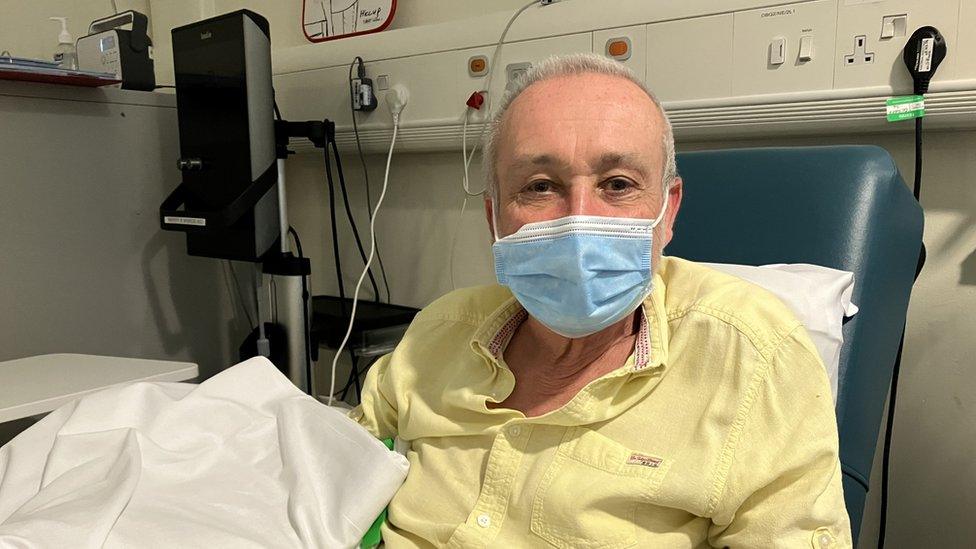
- Published31 January 2019
